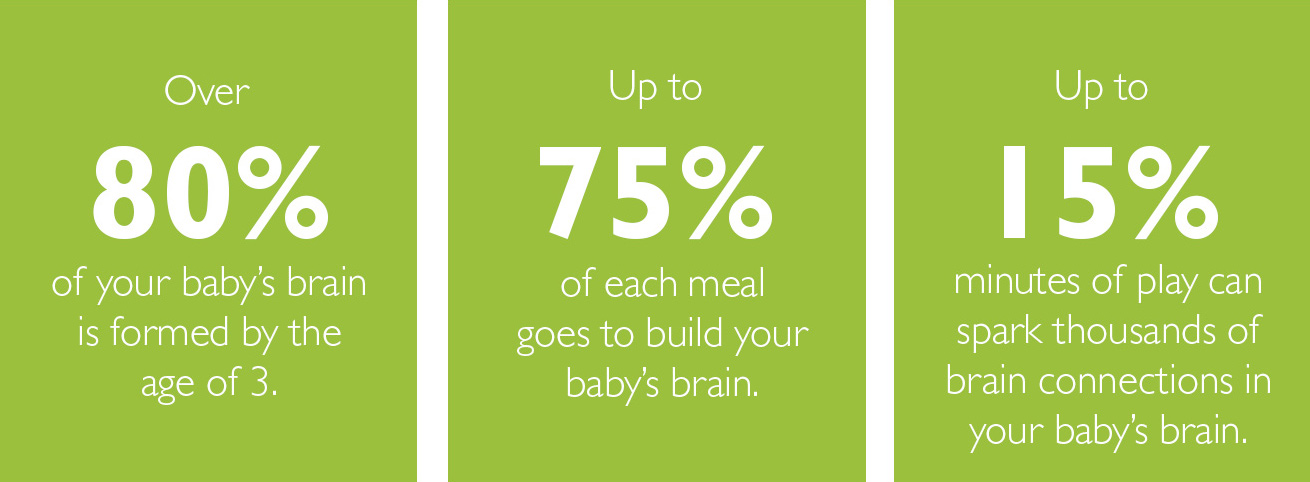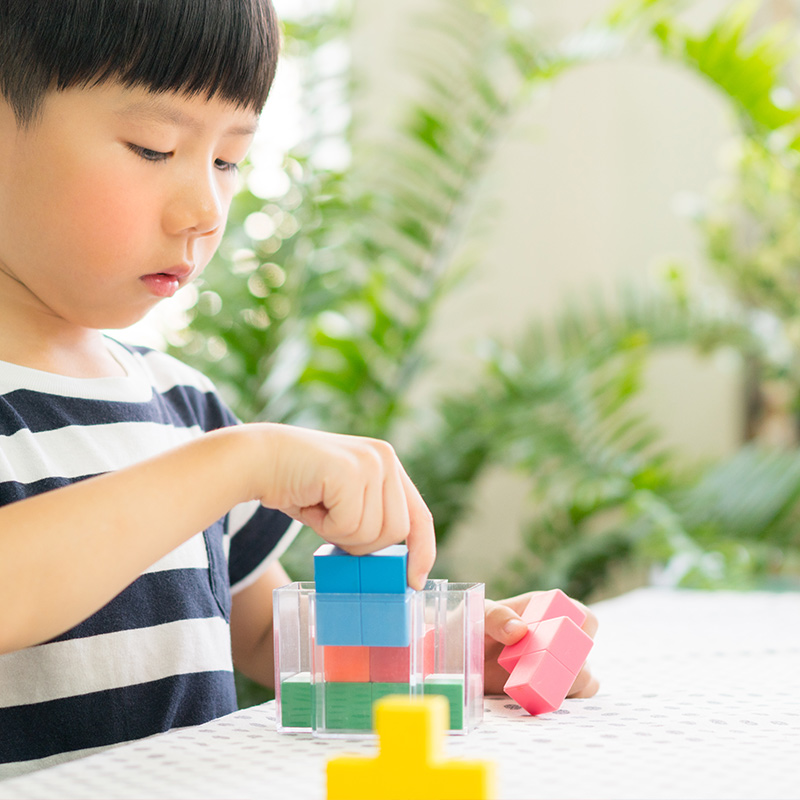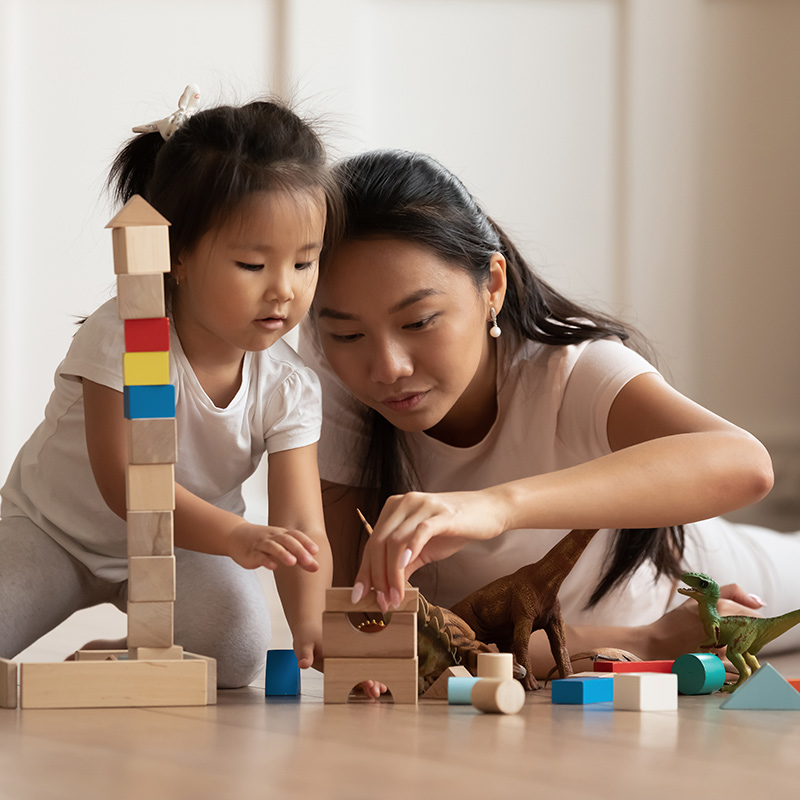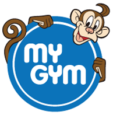Early Childhood Development - How the early years set the tone for future growth
Table of Contents
ToggleIn the very initial stage of life, especially from pregnancy to age five, babies’ brains form new neural connections at a remarkably quick rate of more than 1 million every single second.
At this stage, babies require proper nutrition, protection, and mind & body stimulation from talk, play and responsive attention. This perfect blend of nature and nurture is what builds the foundation for a child’s future growth and development.


The 5 Aspects of Early Childhood Development
Cognitive Development

Cognitive functions refer to the child’s ability to think of solutions to solve a problem. A child’s fertile and imaginative brain is always ticking and learning to solve new problems every day. When a young toddler is moving around and experiencing new objects and people, the brain is gathering valuable information about the surroundings. Similarly, an older child of around five years is learning to solve problems like mathematics. Both these scenarios are just different stages of cognitive development in children.
Social and Emotional Development

An important skill that young children need to learn early in life is how to interact with the people around them. The way a child plays with other kids in a room or how he interacts with an adult varies from child to child. As they grow, children learn to smile and nod, help others when they see the need, or learn to exhibit self-control in certain situations. All these abilities are a part of social & emotional development. For example, a baby who is only a few months old would learn to smile at people, while an older child moves on to more complex interactions like waving or shaking hands.
Speech and Language Development

Over time, a young child sees how people use words to interact with each other, and his or her own understanding of language also grows this way. At first, a baby will start responding to words with sounds to express their needs. As they grasp more and more knowledge about the language that is spoken around them, they begin to use words for the same purpose. They often start off by learning names of people and objects, and slowly move on to forming sentences as they get older.
Fine Motor Skill Development

Motion development in humans is connected to the growth of our nerves and muscle cells. The muscles contract and relax in certain ways which enable us to perform the simple movements in our everyday life. A baby’s muscles gradually develop over time to allow for the ability to make these proper movements. Even the simplest motions require complex work in the muscles.
Gross Motor Skill Development

More elaborate body movements such as standing up, jumping, learning to walk and run, are called gross motor skills. To develop these skills effectively, a child’s muscles need to be strong in order to provide support to the developing body. At the baby stage, the spinal cord, bones, and muscles are not strong enough to allow the baby to sit up. However, as time passes and the muscles and bones strengthen, the child is able to move on to more complex tasks and movements. Proper muscle strengthening and development are essential for a child’s early growth.
As parents and educators, it is important for us to focus on all these aspects of early childhood development, and ensure that the activities and experiences that we expose our children to are appropriate for their age and their stage of development. Children also perform better in a safe, nurturing and encouraging environment, where they also get a chance to interact with other children their age.
This enriching experience is precisely what My Gym delivers to millions of children worldwide. Our award-winning programs are designed to give your child the perfect combination of fun and learning, so they stay engaged, happy, and encouraged as they grow and learn new things.
The skills & attitude that children develop in this early stage of life play a significant role in how they function later as an adult in society. A solid foundation during their formative years gives them the confidence and courage to face any challenge that life throws at them!


